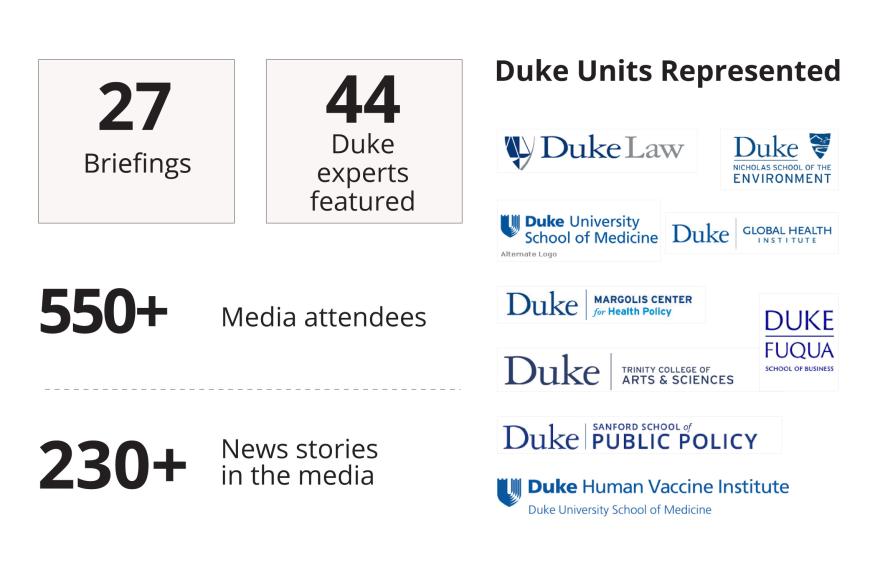Overview
Simon Miles joined the faculty of the Sanford School of Public Policy in 2017. He is an expert on Russia and the Soviet Union whose research focuses primarily on Cold War diplomatic and military history and its relevance to our world today. His first book, Engaging the Evil Empire: Washington, Moscow and the Beginning of the End of the Cold War, published in 2020 by Cornell University Press, uses international archives — from both sides of the Iron Curtain — to explain how and why the US-Soviet rivalry underwent such unexpected and profound change in the 1980s that it has since become a textbook case of adversaries setting aside disagreements and cooperating. Simon is currently working on his second book, On Guard for Peace and Socialism: The Warsaw Pact, 1955–1991, under advance contract with Princeton University Press. Drawing on archival materials from all of the Pact’s eight former members, it examines the ways in which each conceived of and provided for their own security in the nuclear age, individually and as a politico-military alliance. It also holds a mirror up to US and NATO strategy during the Cold War: identifying the real motivations behind Soviet and Warsaw Pact behavior, disaggregating correlation and causation with strategy on the other side of the Iron Curtain. At Duke, Simon teaches courses on grand strategy, military and diplomatic history, Russia, and the Cold War.
Current Appointments & Affiliations
Recent Publications
We All Fall Down: The Dismantling of the Warsaw Pact and the End of the Cold War in Eastern Europe
Journal Article International Security · January 1, 2024 Full text Open Access CiteThe Second Cold War: Carter, Reagan, and the Politics of Foreign Policy
Journal Article JOURNAL OF COLD WAR STUDIES · 2022 CiteWhat Is at Stake Now: My Appeal for Peace and Freedom
Journal Article RUSSIAN REVIEW · 2021 CiteRecent Grants
Statecraft and Strategy
Institutional SupportPrincipal Investigator · Awarded by Stanton Foundation · 2020 - 2025On Guard for Peace and Socialism: The Warsaw Pact, 1955-1991
FellowshipPrincipal Investigator · Awarded by Smith Richardson Foundation, Inc. · 2019 - 2023View All Grants




